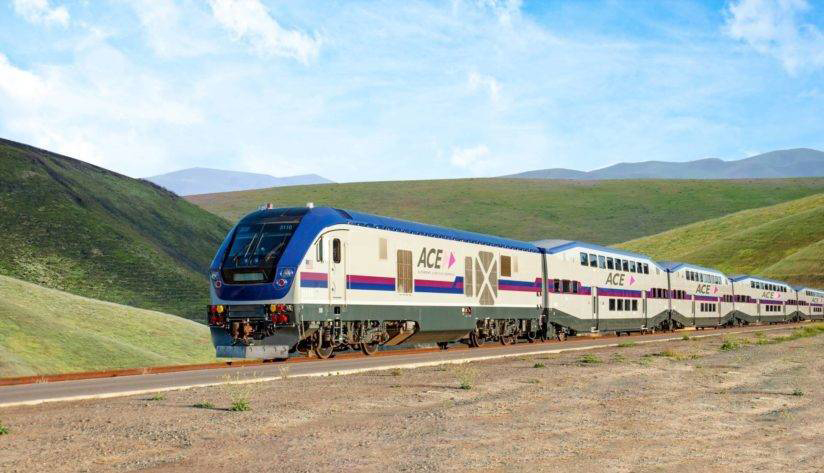
STOCKTON, Calif. — The Altamont Corridor Express locomotive fleet is now running solely on renewable diesel fuel, the commuter service’s parent agency, the San Joaquin Regional Rail Commission, has announced. The agency says the switch will reduce greenhouse gas emissions by 99% and is a key step toward its goal of net-zero-emission operations.
“Our commitment to reducing greenhouse gas emissions has taken a large step forward,” Brian Schmidt, the commission’s director of equipment services, said in a press release. “Our fuel partner, Valley Pacific, has been a key partner in this transition.”
Valley Pacific Petroleum Services supplies fuel for the ACE fleet of Siemens Charger and MPI F40PH-3C locomotives. The renewable diesel fuel is made from materials such as used cooking oil or inedible corn oil.
“Our customers have found that, compared to petroleum-based diesel, renewable diesel works better in their engines, produces less ash, and they’re happy it improves air quality and lowers their carbon footprint,” said Valley Pacific CEO Nathan Crum.






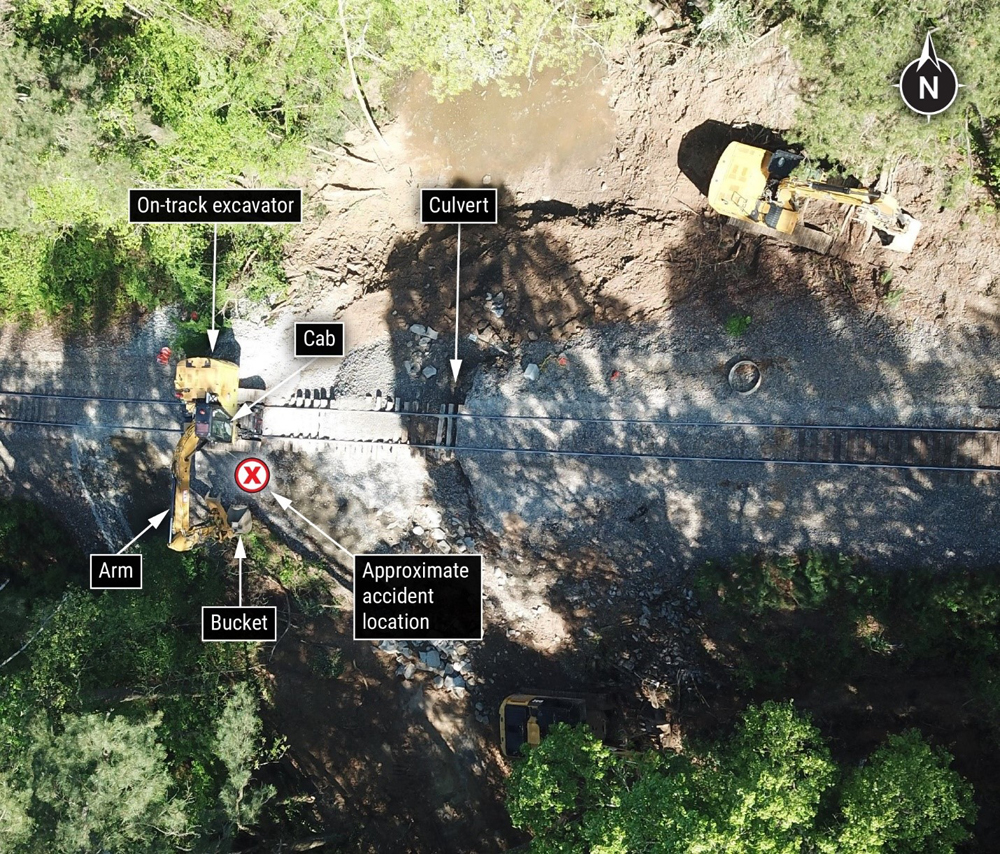
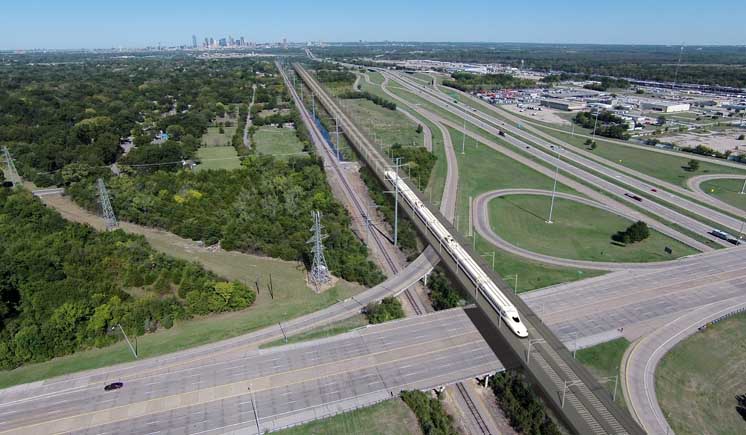
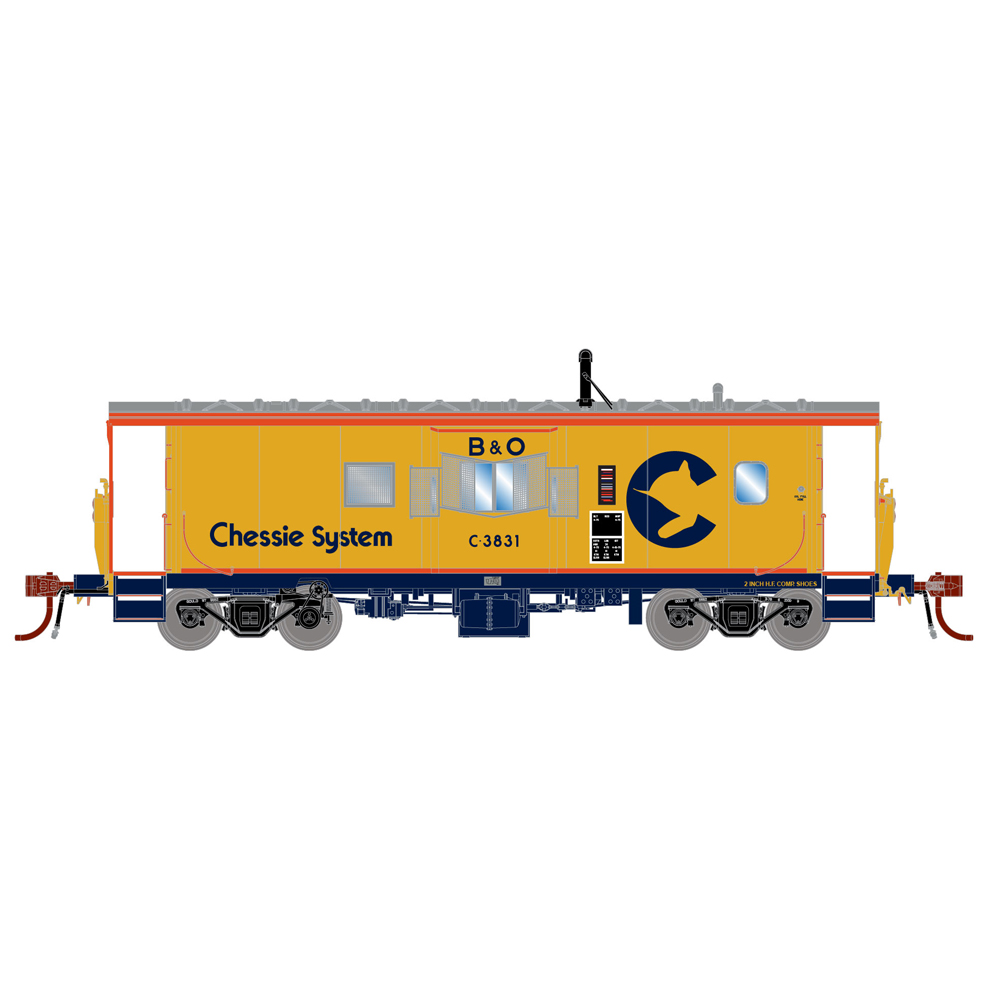
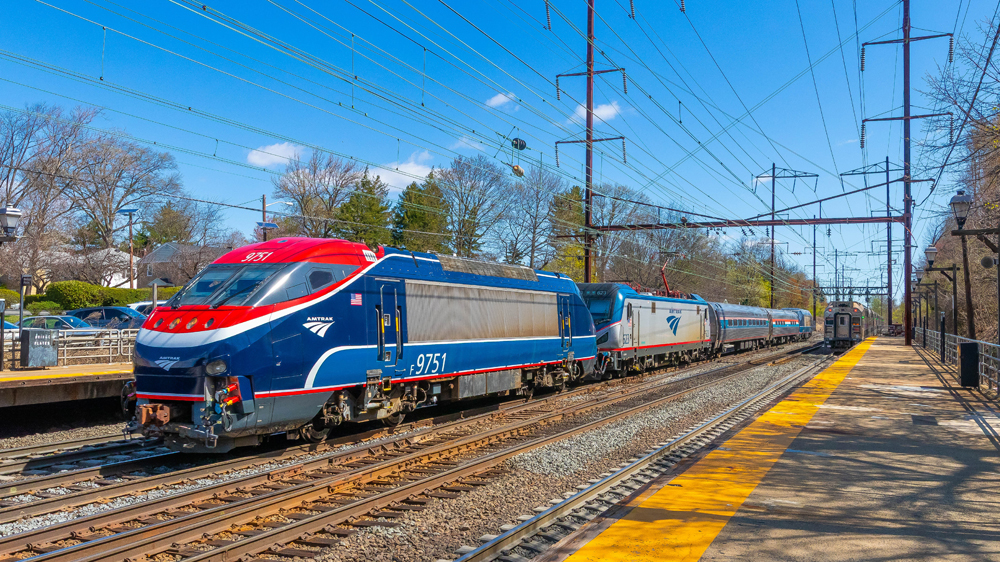




At least commuters and nearby residents will get a fresh smell of french fries with every pass by. No kidding.
Our transit buses used biofuels before replacing them with LNG models and they smelled like a passing McDonalds.
As for the fuel types, Valley provides 3 types:
Biodiesel B20. Consists of 80% Diesel #2 (petroleum-based) and only 20% biodiesel (biomass-based diesel). Approved by major OEM’s. Reliable and tested. Clean-burning.
Renewable Diesel. Isn’t just diesel. Advanced hydrocarbon diesel that meets the same ASTM-D975 specification as petroleum diesel.
R80B20. Consists of 80% renewable diesel and 20% biodiesel; this “super fuel” is 100% renewable and combines the best of biomass-based diesels with the added lubricity of biodiesel.
According to ACE, they will be using the second one which is rated R100.
Agree with Mr. Barnard. This sounds like magic, not science.
Wondering how this reduces greenhouse gas emissions by 99%. Still combustion a fuel oil comprised of carbon and O2.
You’re right in that the CO2 coming out the stack of the locomotive is the same amount as from petroleum diesel fuel.
The difference is that the carbon in the Renewable Diesel fuel comes from CO2 pulled out of the atmosphere by the plants that are the base stock for the fuel. So instead of pulling carbon out of the ground (petroleum diesel fuel) and sending it into the atmosphere, this fuel pulls carbon out of the atmosphere, uses it in the engines, then sends it back. 99% reduction in _net_ greenhouse gas emissions, which is the figure which really counts.
So is it this easy? We don’t need the exotic experiments with LNG and hydrogen and batteries when everything can just run on super clean “green” diesel? What am I missing here?
There isn’t enough cropland in the world to grow anywhere close to enough crops to make this kind of diesel. The logic of biofuels unfortunately breaks down pretty quickly. Plants are on the order of 1% efficient in converting sunlight to usable energy. Solar panels on the order of 25%. If you are looking to harvest energy from the sun, plants are not the smart way to do it. This isn’t even counting the energy required to plant, harvest, fertilize, and process said crops.
Never noticed how nice the the lines of a Charger work with the GO style bilevel cars.
I was just noticing that. I haven’t been a big fan of the Charger design, but it actually looks really sharp in this picture.
Totally agree, really sharp looking.
Interesting